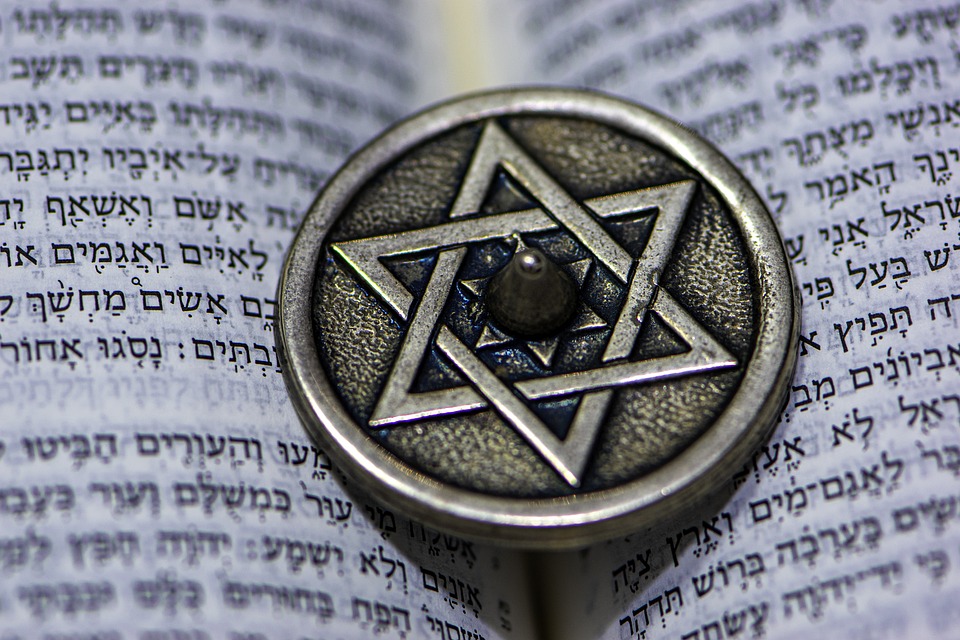The Thirty Years’ War was a devastating conflict that lasted from 1618 to 1648 and was fought primarily on German soil. This war is considered one of the most destructive conflicts in European history, resulting in the loss of millions of lives, widespread famine, disease, and social upheaval.
The causes of the Thirty Years’ War were complex and multifaceted. One of the main factors that led to the conflict was religious tension between Catholics and Protestants in Germany. The Reformation had created deep divisions within the Holy Roman Empire, and tensions between Catholic and Protestant territories had been simmering for decades.
Another major cause of the war was the struggle for political power within the Holy Roman Empire. The empire was a loose confederation of states, and the various princes and rulers often clashed over territory, resources, and political influence. These tensions were exacerbated by the weakness of the imperial authority, which had been in decline for centuries.
The immediate trigger for the war was the defenestration of Prague in 1618. This event occurred when a group of Bohemian Protestants threw two Catholic imperial officials out of a window in protest over the Habsburg Emperor’s attempts to impose Catholicism on their territory. This act of rebellion sparked a wider conflict, with various European powers taking sides and intervening in the war.
The consequences of the Thirty Years’ War were far-reaching and profound. The war devastated much of Germany, with many cities and towns being destroyed or depopulated. The population of the German states declined significantly as a result of the war, with estimates suggesting that up to one-third of the population may have died from disease, famine, or violence.
The war also had a profound impact on the political and religious landscape of Europe. The Holy Roman Empire was weakened, and the power of the imperial authority was further eroded. The war also marked the end of the religious wars that had been raging in Europe for over a century, and it led to the recognition of the principle of religious toleration.
Another significant consequence of the war was the emergence of France as a dominant power in Europe. France had supported the Protestant side during the conflict, and its military and diplomatic intervention helped to shape the outcome of the war. The war also paved the way for the rise of the Habsburg dynasty in Spain, which would go on to dominate European politics for much of the seventeenth century.
In conclusion, the Thirty Years’ War was a complex and devastating conflict that had a profound impact on the history of Germany and Europe. Its causes were rooted in religious and political tensions within the Holy Roman Empire, and it was fueled by the ambitions of various European powers. The war’s consequences were far-reaching, with millions of lives lost and the political and religious landscape of Europe forever altered.












